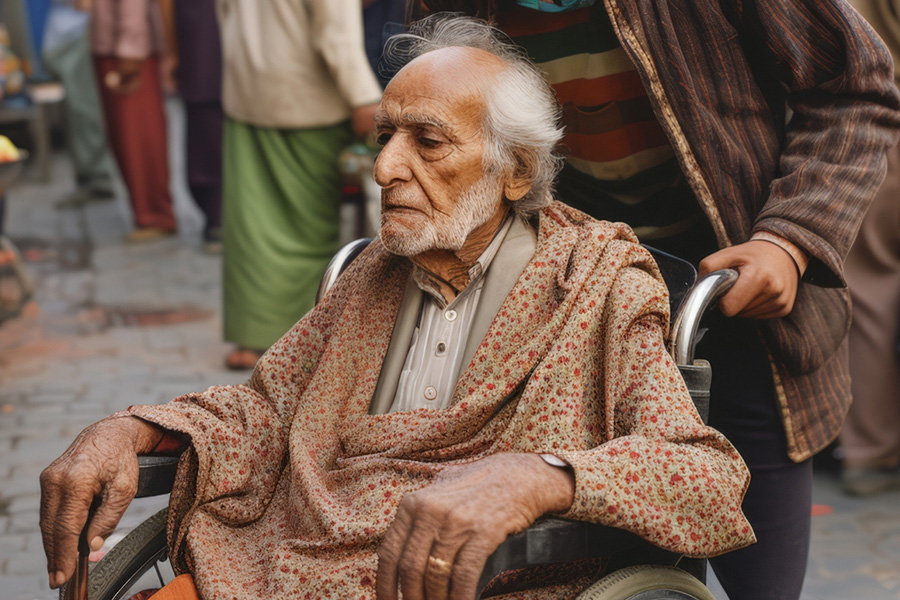
The findings provide evidence of older adults in India experiencing gerotranscendence — the positive behavioral and psychological changes experienced by people in their later years, including a change in their worldview.
Authors
Shilpa Bandyopadhyay, Assistant Professor, Jindal Institute of Behavioural Sciences, O.P. Jindal Global University, Sonipat, Haryana, India.
Kamlesh Singh, Department of Humanities and Social Sciences, Indian Institute of Technology Delhi (IIT Delhi), New Delhi, India.
Summary
The theory of gerotranscendence embodies the positive behavioral and psychological changes experienced by people in their later years, including a change in their worldview and a newer understanding of the fundamental existential questions relating to the self, life, and death. Despite its wide-ranging implications for geriatric caregiving and counseling, there is a dearth of research on the experience of gerotranscendence among older people living in India.
Accordingly, the present study used a concurrent triangulation mixed-methods design to explore the recognition of gerotranscendental changes among older Indians. We conducted individual interviews (N = 39) and a quantitative survey (N = 219) using the Gerotranscendence Scale–Further Revised (Cozort, 2008).
Our findings provide evidence of the experience of gerotranscendence among older adults in India, with the cosmic dimension being the most well-recognized aspect of gerotranscendence.
The present findings support the idea that many amongst the older population experience gerotranscendence, and it encourages ongoing efforts to challenge common stereotypes about purpose in life, disengagement, and self-transcendence in old age. These results have implications for geriatric nursing staff, caring professionals, geriatric counsellors, family caregivers, and future intervention studies on gerotranscendence in India.
Published in: Journal of Religion, Spirituality and Aging
To read the full article, please click here.

